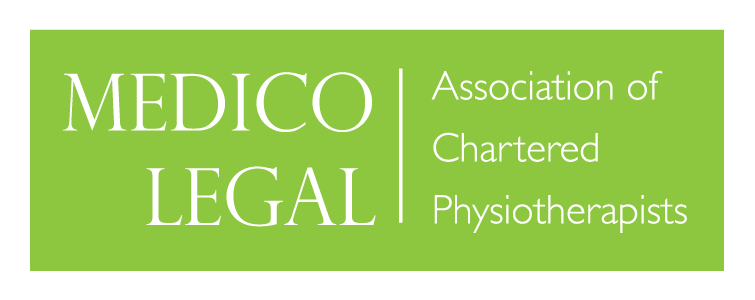New NICE guidance says: A fit and energised workforce is less likely to be off sick and more satisfied in their jobs.
Highlighting a lunchtime yoga or spin class at a local gym, offering subsidised gym memberships and encouraging the use of stairs instead of using the lift are just some of the ways employers can encourage their staff to be more active, the National Institute for Health and Care Excellence (NICE) has said.
Organisations are also urged to provide information about safe active travel routes to work, as well as producing physical activity programmes for the workplace to encourage employees to be more active and reduce sedentary behaviour.
The NICE Quality Standard on encouraging physical activity in the community published today is aimed at healthcare commissioners, service providers, health and public health practitioners, employers, schools, voluntary and community sector and the public.
Figures from the Office for National Statistics show that more than 131 million working days were lost to sickness in 2017, including 13 million working days lost to stress, depression or anxiety.
Being more active in everyday life is important for the physical and mental health of people of all ages and abilities. It may also help to reduce staff absenteeism levels, increase staff satisfaction and improve the workplace environment.
Professor Gillian Leng, deputy chief executive and director of health and social care at NICE, said: “If the United Kingdom’s 5.7 million small and medium sized businesses encouraged their workforce to be more active, they are more likely to reap the benefits of having engaged employees who are more productive and are less likely to take time off sick.
“Simple things like providing secure bicycle storage, showers and changing facilities can go a long way to enabling people to cycle to work or to meetings.
“As a society we are facing an obesity crisis caused in part by people not exercising enough. We need people to change their lifestyle and to take more exercise. If they can do this during the working day, not only will they benefit, but so too will their employers and the NHS. It’s a win, win for everyone.”
Public Health Minister Seema Kennedy said: “We have a world leading plan to tackle obesity with prevention at its core, and later this summer we will be setting out further action on obesity and physical activity through a prevention green paper.
“It is vital that employers embrace prevention to ensure their staff stay fit and healthy. Having seen first-hand in my department the positive impact running clubs can have, I welcome the launch of the Quality Standard as another way to encourage communities to stay active.”
Data show that one in four people were classed as obese in 2016 up from one in six in 1993. And almost two thirds of people fall within the overweight or obese category compared with just over half in 1993, according to NHS Digital.
Physical inactivity is as deadly as smoking, according to Public Health England, with one in six deaths caused by a sedentary lifestyle and is estimated to cost £7.4 billion annually (including nearly £1 billion to the NHS alone).

Commenting, Kevin Huffington (photographed above) of Central Occupational Health said:
“This latest guidance from NICE on the need to keep your workforce as fit and as healthy as possible, is welcomed by Central Occupational Health.
“Work days lost due to poor general health, lack of exercise and poor lifestyles can have a big impact on staff productivity and morale.
“The important message here is that it doesn’t need to costly to create incentives and motivation to get employees moving more, eating better, and leading less sedentary lifestyles. It just takes a little bit of imagination.
“Educating employees on how to look after their own health can be very cost effective. At Central Occupational Health, we help companies of all sizes to overcome poor workplace health issues, as we firmly believe that with the right education, incentives and motivation – a happy, fit and healthy workforce is certainly a productive workforce.”






